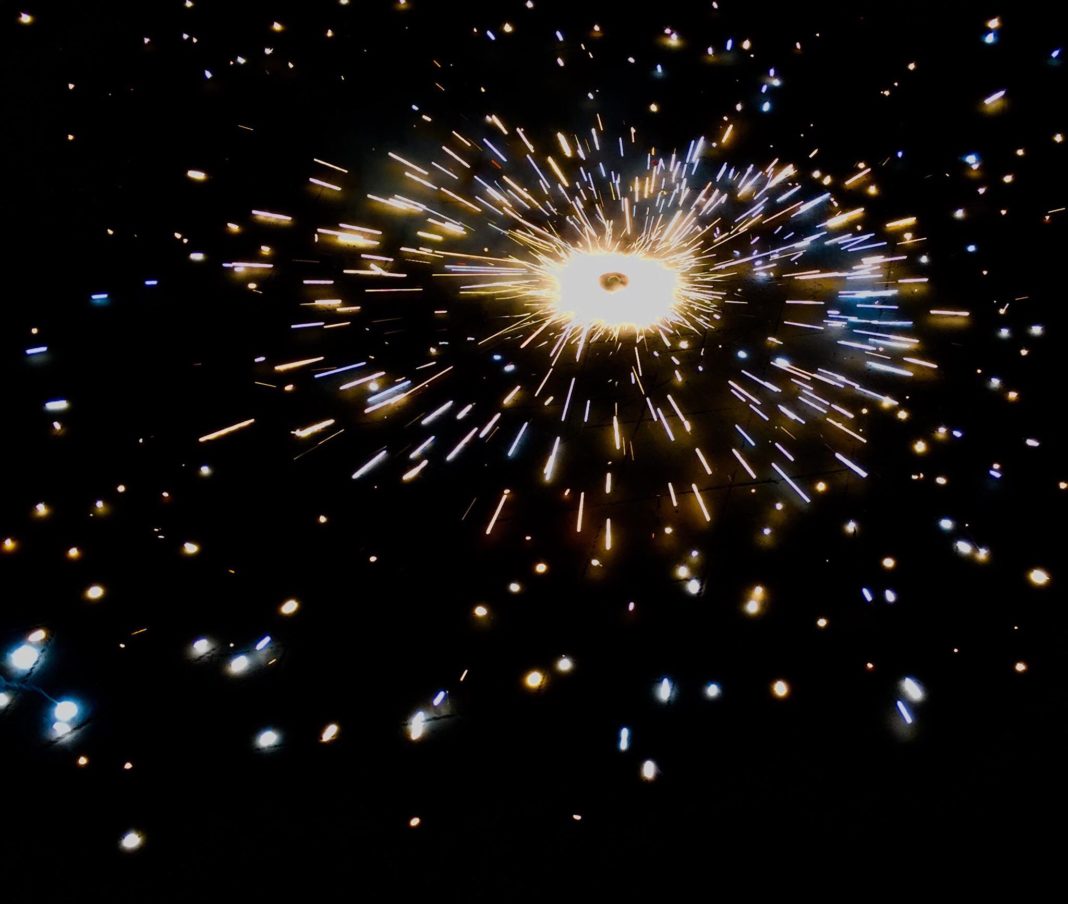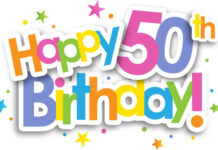As rightly quoted by someone “Festivals are the indicators of the culture of a country”. Festivals play an important role in everyone’s life. Festivals on one hand are a good source of entertainment and enthusiasm for kids and on other hand provide a relieving break to adults from their monotonous and tiresome works. The festivals inculcate moral values in children and provide an insight to our past. Festivals are part of every nation and religion from times immemorial. History reveals that all early civilizations used to celebrate festivals with great pomp and show. May it be a national festival or a religious festival all enjoy great importance in our lives. INDIA being a multi religious and diverse country is fortunate enough to celebrate almost all the festivals with a revolutionary zeal and fervor. A famous explorer observed, “There are as many festivals as there are mosquitoes after a rain in India”. May it be Republic Day, Independence Day, Holi, Eid, Christmas, Gurupurab, Navroz or Diwali all festivals are the part and pride of our rich and diversified culture.
Why is it Auspicious
Diwali is one of the most auspicious, widely celebrated and important festival of India. It is commonly known as ‘festival of lights’, and is celebrated all over India with special and different ways. It is celebrated according to Hindu mythological calendar, on Kartik Amavasya. It is celebrated to mark the return of Lord Rama, Goddess Sita and Lakshman from the exile of fourteen years. It is said that people of Ayodhya made merry on arrival of their king from exile by lighting earthen lamps known as Diyas and distributed sweets, since then the festival is associated with lights.
What Diwali Signifies
Literally speaking the word Deepawali or Diwali means a string of lights. It is celebrated in almost all the states of North India. Festivities for Diwali start about fifteen days earlier. People clean their houses, get new clothes and jewellery and decorate their houses, as it is believed that goddess Lakshmi, the goddess of wealth and prosperity visits our homes to shower her blessings. On thirteenth dark night of Kartik Amavasya, “the festival of wealth” Dhanteras is celebrated. On this day people worship goddess Lakshmi, get new jewellery and household goods. It marks the start of celebration. Veneration on the day of Diwali begin with prayers to Lord Ganesha as mythologically it is believed that all the good deeds begin with worshipping Lord Ganesha. People of different regions celebrate according to their own customs and rituals. While some people decorate the entrance of their homes with colorful Rangoli, others use leaves to decorate their houses. Diwali has a special relevance for businessmen and traders, as it marks the arrival of new financial year for them. Businessmen start new businesses and transactions from Diwali. It has been found that transactions worth millions are carried on this day. Diwali is also “festival of foods”. People prepare delicious offerings for god and distribute sweets among relatives and friends to show their happiness and devotion to god.
How does it Celebrated
The celebrations come to a climax in the evening when people light their homes with Diyas, candles and electric lights. Whole of North India glitters with beautiful lights. It is a very attractive and eye-catching sight. People welcome Goddess Lakshmi by keeping their doors open and burning crackers. Kids are at their best enjoying and chirping all over. Lakshmi Pooja is performed in every home which lasts up to late night. Next day is “the festival for workers” known as Vishkarma Pooja in which all the craftsmen and workers worship their tools. The third day marks the culmination of grand celebration which is marked by Bhai Dujh ritual in which sisters apply vermillion on the foreheads of their brothers praying for their long lives and brothers promise to help her in need. The festival of Diwali binds us with our past and promises to climb the peaks of prosperity.
Diwali a Festival of Joy and Prosperity
While Diwali is the festival of joy and prosperity, there are some people who direct their celebrations in a wrong manner! There are many people who resort to gambling and drinking on such an auspicious occasion, such people are stigma on our society and bring in fame and shame to our culture. Such people need to be advised and reformed through proper guidance and counselling. Another bad thing associated with Diwali is the burning of crackers. Burning of crackers no doubt give us a short lasting pleasure but it has many deleterious effects also on our health. The burning of crackers causes the air pollution. It deteriorates the quality of air and makes air unfit for us. It aggravates the condition of asthma patients. Recent surveys have found that air quality of metro cities is quite bad and it raises the problems of air borne disease cases. Not only humans but also plants and animals get effected by the polluted air, moreover the crackers also are the reason behind many fire accidents on Diwali, It is therefore advisable to go for a “Cracker free Diwali” or at least setting a limit on burning of crackers
PLAY A SAFER AND A GREENER DIWALI THIS YEAR……
Write and Win: Participate in Creative writing Contest & International Essay Contest and win fabulous prizes.
By KHUSHI RAINA










